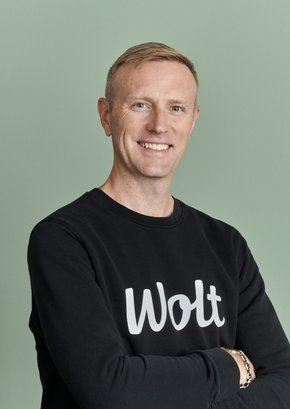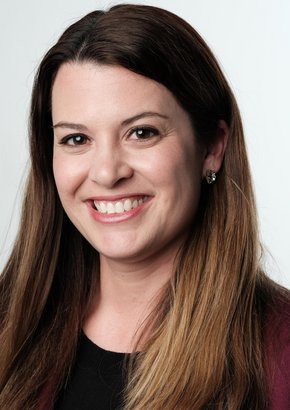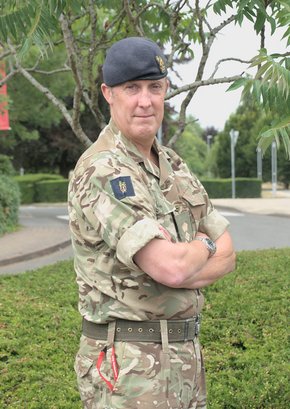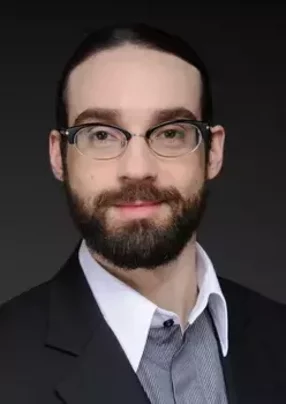
Dr. Daniel Schatz
Chief Information Security Officer
Securing sensitive data has been the focus of Dr Daniel Schatz, Chief Information Security Officer at biotech pioneer QIAGEN, for more than a decade.
Schatz started his career journey as a banker but soon discovered a passion for IT so moved into that area and has worked for high-profile organisations such as the global information provider and news agency Thomson Reuters before joining German-based QIAGEN.
“I started as a banker but then moved to IT. What interested me most was questions around security and risk management so I decided that was the best way forward and I moved into a security role. I had the opportunity to work with a very experienced CISO in Mark Connelly in my time at Thomson Reuters. We could see a decade ago that security concerns would come to the foreground.
“As I had a keen interest in security and economic topics I decided to combine the two and studied the economics of security. After seven years, I got my PhD at University of East London on this topic, which was very rewarding. Today, it helps me to try and balance the requirements from an information security perspective, as well as the reality when it comes to the cost and resources required,” said Schatz.
He had a strategic role at Thomson Reuters in London, Perform Group and DAZN, and moved to QIAGEN two years ago. “There are some parallels between protecting the assets of Thomson Reuters and QIAGEN but the threat actors who target a news agency are different to the ones that target a biotech organisation.
“At QIAGEN, I am responsible for the information security risk management programme. Our focus is on building the capabilities needed to protect the organisation today and in the future aligned with its strategic goals. As you’d expect, much of our efforts are on solid security fundamentals and steadily improving security culture across all departments.”
QIAGEN is the leading global biotechnology company with approximately 5,700 employees in more than 35 locations worldwide. “We serve more than 500,000 customers around the world in Molecular Diagnostics (human healthcare), Applied Testing (primarily forensics), Pharma (pharma and biotech companies), and Academia (life sciences research).
“Our sample technologies isolate and process DNA, RNA, and proteins from blood, tissue, and other materials. Assay technologies make these biomolecules visible and ready for analysis. Bioinformatics software and knowledge bases interpret data to report relevant, actionable insights. Automation solutions tie these together in seamless and cost-effective workflows,” commented Schatz.
The clear and present danger of a cyber attack is never far from the mind of Schatz. “As a CISO we tend to have a low profile but if things suddenly go wrong we become the most crucial person in the organisation.
“Attacks are increasing, which is little surprise considering how quickly organised cybercriminals are improving their craft.”.
“We have seen an acceleration of ransomware attacks long before the pandemic but I think the move to remote working has leveraged this. The workplace dissolved so instead of having one office to protect, in the case of QIAGEN, you have about 5,000 sales and business staff to protect as everyone worked from home and you have a very little handle on what’s going on in those four walls.
“My expectation is there is a bit of a lagging factor and the full impact of the new way of working will only become obvious in the next 12-24 months which is not all good news.”
Schatz describes his leadership style as “collaborative, pragmatic and empowering” and respects any CISO at highly-targeted organisations, such as Microsoft or Facebook, who are constantly under attack. “They deserve our recognition.
Read the full story HERE
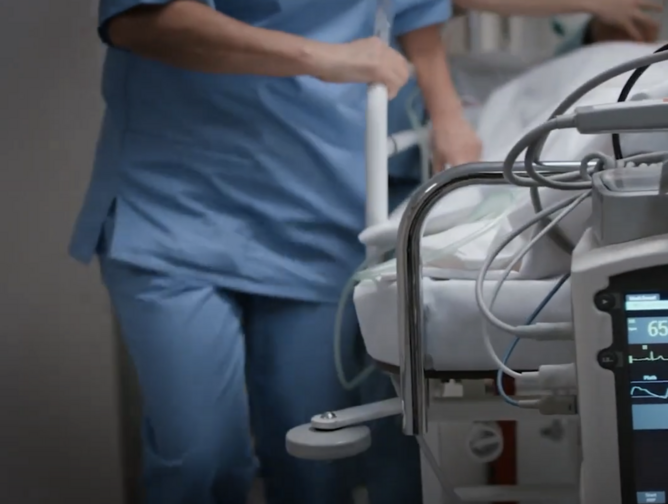
Featured Interviews
It’s not just about mission – it is about a whole-of-enterprise transformation. The way you maintain superiority is through digital transformation, culture and process reform, and rapid adoption of commercial technology.

